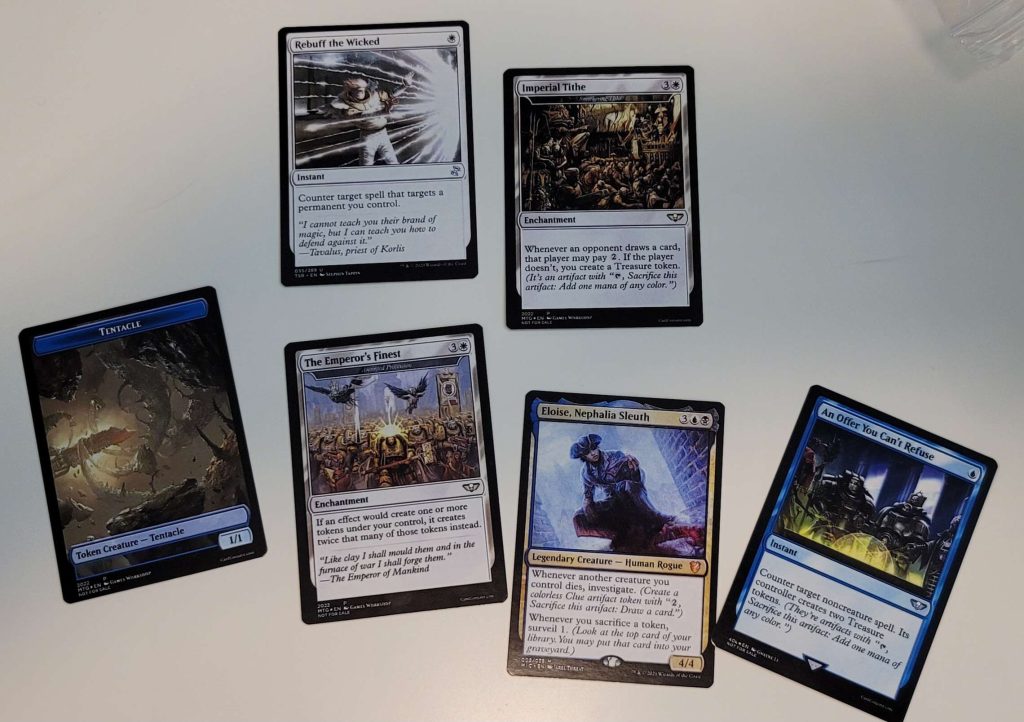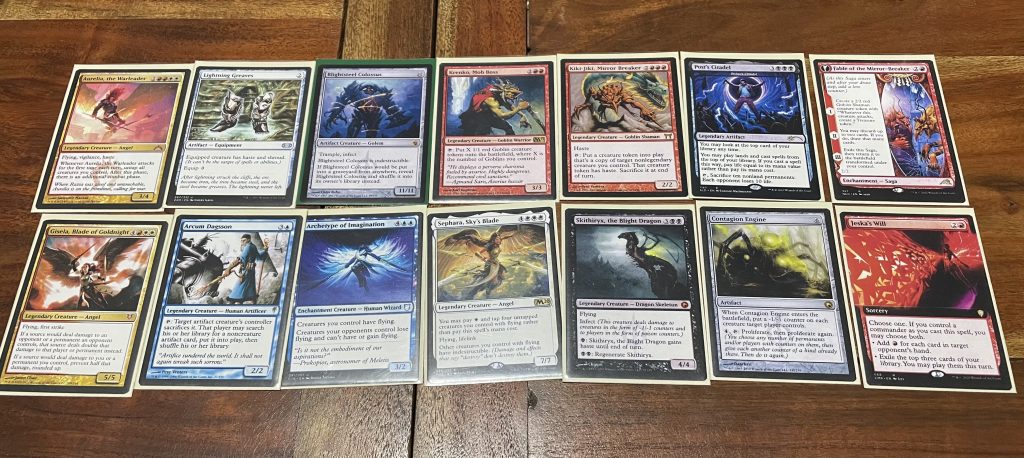Introduction
Magic: The Gathering (MTG) has been a popular collectible card game since its introduction in 1993. With over 20,000 unique cards released to date, it has a large following and a thriving secondary market. However, the cost of buying certain cards can be prohibitive, particularly for new players or those on a budget. This has led to the development of MTG proxies, which are cards that mimic the appearance of real cards but are not officially licensed by Wizards of the Coast, the creators of the game. In this article, we will explore the history of MTG proxies, from their early beginnings to the present day.

The Early Days of MTG Proxies
MTG proxies have been around almost as long as the game itself. In the early days of the game, players would sometimes use proxies in tournaments as a way to test out new card ideas without having to invest in the real cards. This was especially common among professional players who could not afford to buy all the cards they needed to test their decks.
As the game became more popular, some players began to use proxies to gain an unfair advantage in tournaments. They would create fake cards that looked like real cards and use them in their decks to win games. This caused a lot of controversy within the MTG community, and many players and tournament organizers were unsure about how to handle proxies.
The Growth of MTG Proxies
The use of MTG proxies continued to grow in the late 1990s and early 2000s, particularly with the advent of printing technology that made it easier to create high-quality fake cards. Online forums and communities also emerged where players could buy and sell proxies, further fueling their popularity.
This rise in proxy usage led to a lot of debate within the MTG community about the ethics of using proxies in tournaments. Some argued that proxies allowed players to try out new decks and strategies without having to invest a lot of money in the game. Others felt that using proxies was cheating and that it undermined the integrity of the game.
In response to the controversy, Wizards of the Coast issued a statement in 2003 stating that the use of proxies was not allowed in sanctioned tournaments. However, they also acknowledged that proxies could be used in casual play, and that players could use them to test out new decks or to play with friends.
The Modern Age of MTG Proxies
In recent years, the use of MTG proxies has become even more widespread, particularly among casual players who cannot afford to buy all the cards they need for their decks. There are now numerous online retailers that specialize in selling high-quality proxy cards, and many players use proxies as a way to try out new decks and strategies.
In response to the growing popularity of proxies, Wizards of the Coast has taken a more lenient stance on their use. They have acknowledged that proxies can be a useful tool for players who cannot afford to buy all the cards they need for their decks, and they have even released official proxy cards for certain events.
However, the use of proxies in sanctioned tournaments is still strictly prohibited, and players who are caught using proxies in a tournament can be disqualified or even banned from future events.
Frequently Asked Questions About MTG Proxies
Are MTG proxies legal?
The legality of MTG proxies depends on the context in which they are used. Proxies are not officially licensed by Wizards of the Coast, so using them in sanctioned tournaments is not allowed. However, proxies can be used in casual play or for testing purposes.
Where can I buy MTG proxies?
There are many online retailers that sell high-quality MTG proxies. However, it is important to be cautious when buying proxies online, as some sellers may offer low-quality or counterfeit cards. It is recommended to do your research and read reviews before purchasing from a seller.
How do I use MTG proxies in a game?
MTG proxies can be used in casual play or for testing purposes. When playing with proxies, it is important to make sure that all players are aware that the cards are not official and that they are being used for testing purposes only. It is also a good idea to mark the proxies in some way to distinguish them from official cards.
How can I tell if a card is a proxy?
It can be difficult to tell if a card is a proxy just by looking at it, as high-quality proxies can look very similar to official cards. However, there are a few telltale signs to look for, such as a different card back or slightly different coloring or text. If you are unsure if a card is a proxy, it is best to ask the owner or to use a card scanning app to compare it to an official version of the card.
Conclusion
MTG proxies have been a part of the game since its early days, and their use has continued to grow in popularity over the years. While they are not officially licensed by Wizards of the Coast, they have become an important tool for players who cannot afford to buy all the cards they need for their decks. However, their use in sanctioned tournaments is still strictly prohibited, and players who are caught using proxies can face serious consequences.
As the game continues to evolve, it will be interesting to see how the use of proxies continues to impact the MTG community. Will Wizards of the Coast take a more lenient stance on their use, or will they continue to prohibit them in sanctioned tournaments? Only time will tell. In the meantime, players can continue to use proxies for testing purposes and casual play, as long as they are used responsibly and with respect for the game and its rules.
 Custom Gallery
Custom Gallery Proxy Booster
Proxy Booster Discord
Discord